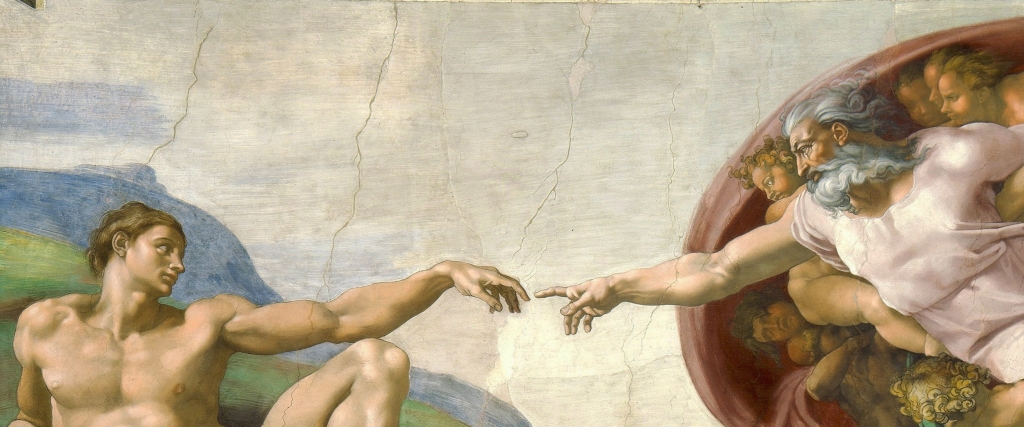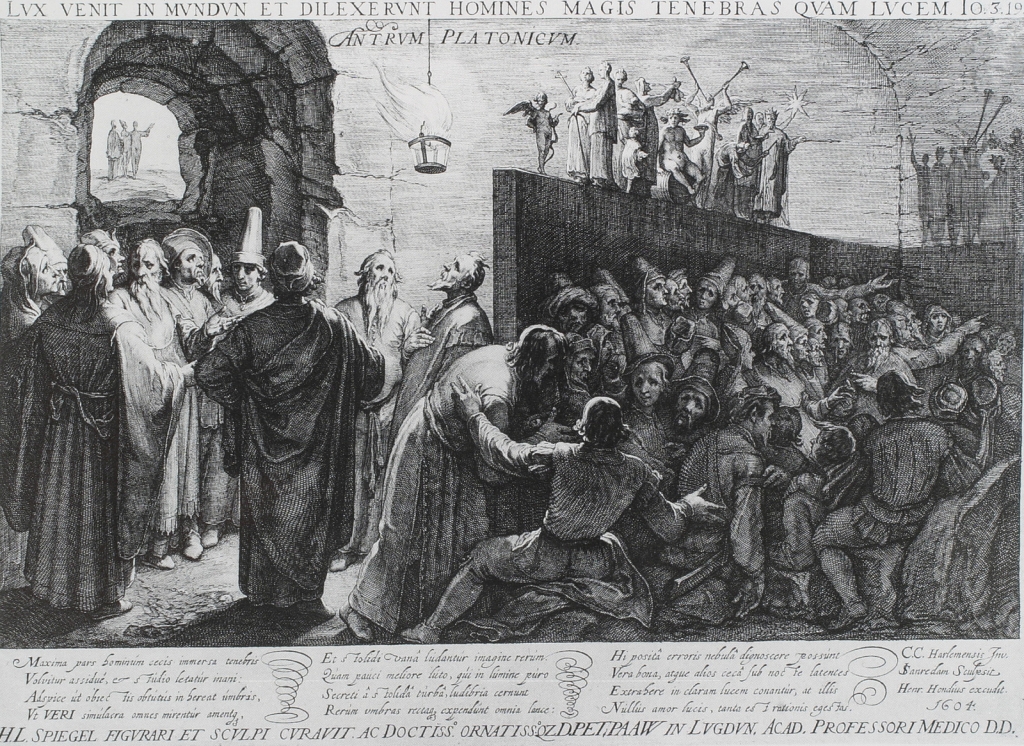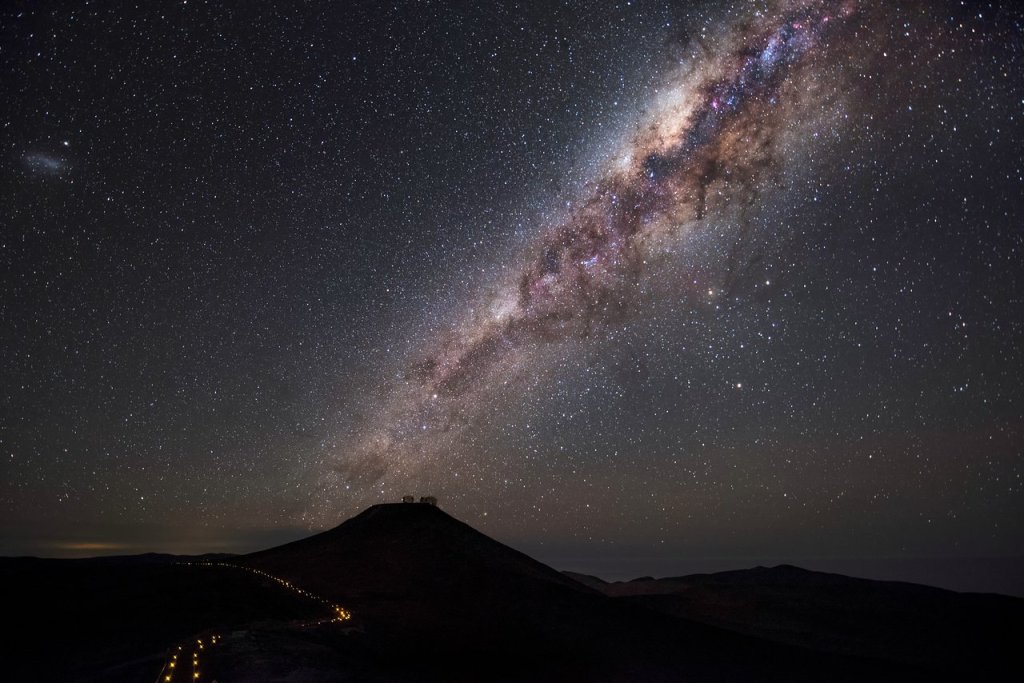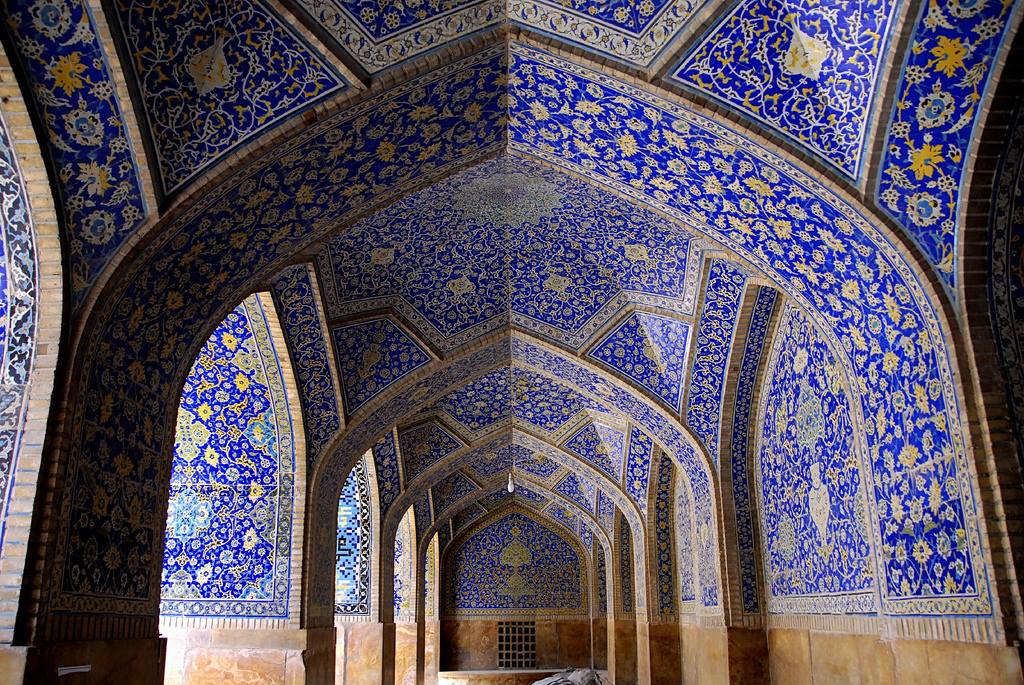Ontology
-
On Mutual Ontological Affinity (Sīnkhīyyah)

There must be a reason for the emanation or the procession of a particular effect, to the exclusion of all the other effects, from a particular cause, to the exclusion of all the other causes that marks the procession of the former from the latter. That is to say, that there must be a mutual… Continue reading
-
Contra the Leibnizian notion of “The Best of all Possible Worlds”

The Leibnizian notion of “the best of all possible worlds” implies the possibility for God to choose [to create] from multiple available alternatives, where each is possible-in-itself with respect to existence. But this renders God an agent that is merely possible-in-itself with respect to the procession of its act from its essence. That is to… Continue reading
-
The Rule of One (qāʿidat al-wāḥid): Proof, Implications & Objections-Part 3

Imagine yourself taking a stroll in a garden, and therein you come across a puddle of water, and within that puddle you observe an ant struggling to come out of the water; you realize that if you were to grasp the ant by means of your hands or fingers to take it out of the… Continue reading
-
Contra The Incipience of the World [Ḥudūt̲h̲ al-ʿĀlam]
![Contra The Incipience of the World [Ḥudūt̲h̲ al-ʿĀlam]](https://illuminationistphilosophy.wordpress.com/wp-content/uploads/2020/11/graham-holtshausen-funfez3vlv4-unsplash.jpg?w=900)
§1. If the existence of a thing is preceded by nonexistence (with respect to concrete or external reality), that thing is said to be temporally-originated. Here, the existence of that which is temporally-originated is posterior in relation to its nonexistence, the latter being prior. There must be a Frame of Reference (FOR) to establish the… Continue reading
-
On Plato’s Allegory of The Cave

For Plato, the similitude of the material world is as a dark cave; a place that is essentially devoid of light and illumination. Those who reside within the material realm are as captives within a prison, enchained by their desire_ to seek that which is transient and ephemeral_ and ignorance. They are ignorant of the… Continue reading
-
On Plato’s Allegory of The Cave

For Plato, the similitude of the material world is as a dark cave; a place that is essentially devoid of light and illumination. Those who reside within the material realm are as captives within a prison, enchained by their desire_ to seek that which is transient and ephemeral_ and ignorance. They are ignorant of the… Continue reading
-
On Ghazālī’s al-Iqtisād-Part 4

“The occurrence of every occurrent has a cause; the world is an occurrent; it necessarily follows that it has a cause. We mean by “the world” all existents other than God. And we mean by ‘all existents other than God’ all the bodies and their modes” _Ghazālī, al-Iqtisād.I.§1 According to Ghazālī, God is the proximate cause… Continue reading
-
On Ghazālī’s al-Iqtisād-Part 3

“The occurrence of every occurrent has a cause; the world is an occurrent; it necessarily follows that it has a cause“ _Ghazālī, al-Iqtisād.I.§1 According to Ghazālī’s Kalam Cosmological Argument, stated above, the world is temporally-originated [hādith al-zamānī], and because everything that is temporally-originated is an effect of a cause, therefore, the world is also dependent for… Continue reading
-
On Ghazālī’s al-Iqtisād-Part 1

“The occurrence of every occurrent has a cause, the world is an occurrent, it necessarily follows that it has a cause“ _Ghazālī, al-Iqtisād.I.§1 By “occurrent” Ghazālī here means that which is temporally-originated [hādith al-zamānī]. A thing is said to be temporally-originated if its existence is preceded by a period of nonexistence, or if its existence is… Continue reading
-
Reflections On the Doctrine of the Unity of Existence (Wahdat al-wujūd)

From a philosophical perspective, there can only be a single Necessary Existent in itself, and He alone is an absolutely self-sufficient being, since His Essence is absolutely simple and completely devoid of composition and plurality in every respect. Everything else save the First Truth or the Necessary in itself is an effect of the Necessary… Continue reading
About Me
A Chartered Accountancy Professional by qualification with a passion for Philosophy, Theology, Logic and Mysticism.
Recent Posts
- Akbarian-Sunnī Mystics (‘Urafā’) On Divine Simplicity
- On Mutual Ontological Affinity (Sīnkhīyyah)
- Contra the Leibnizian notion of “The Best of all Possible Worlds”
- The Rule of One (qāʿidat al-wāḥid): Proof, Implications & Objections-Part 3
- On the Necessity of God’s Knowledge being Knowledge-by-Presence [al-ilm al-hudhurī]